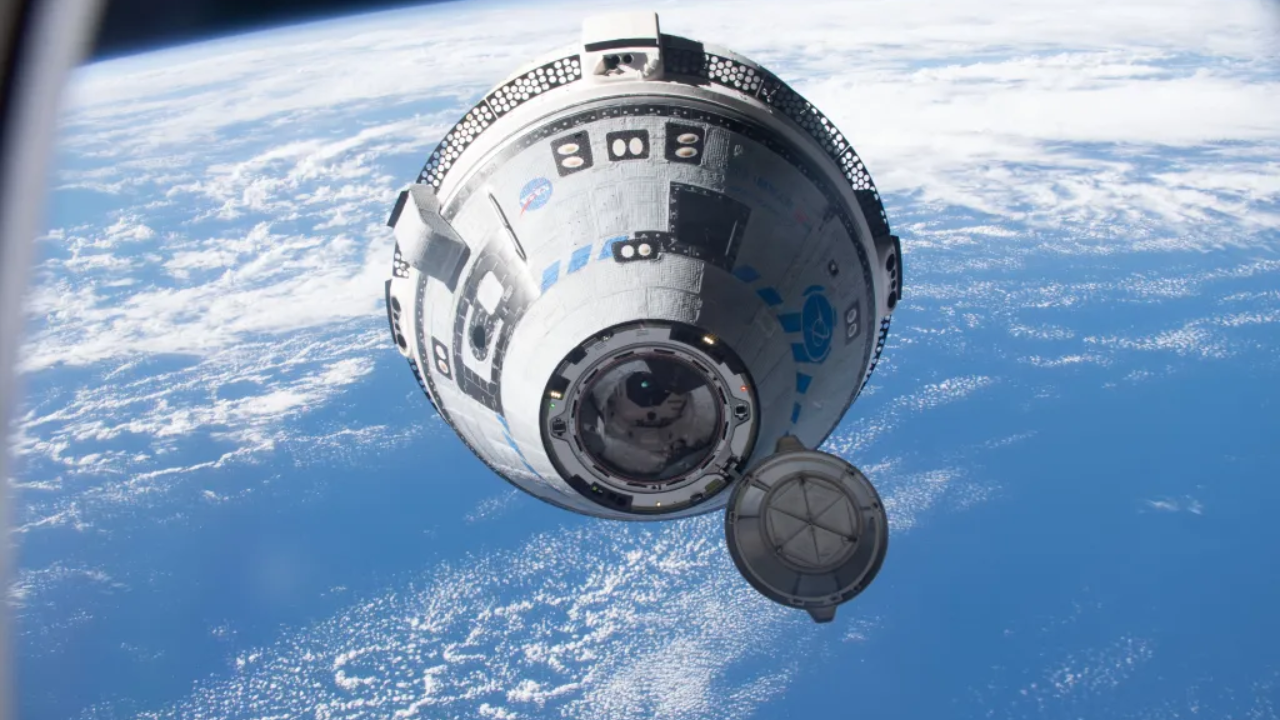Commercial crew program (Photo- NASA)
Boeing may be on the verge of reducing its involvement in certain areas of its space operations, including the Starliner spacecraft program, due to persistent challenges and financial difficulties, The Wall Street Journal reports. Sources familiar with the situation indicate that the aerospace company is considering selling parts of its POT-related businesses, such as the Starliner program and other divisions associated with the International Space Station (ISS). However, Boeing’s Space Launch System (SLS) division, which plays a crucial role in NASA’s deep space exploration efforts, is expected to continue operating under Boeing’s direction.
The Starliner program, intended to transport astronauts to the ISS, has suffered numerous delays and technical problems. Cost overruns have exceeded $1.8 billion, putting considerable pressure on Boeing’s financial stability. Despite extensive development, Starliner has yet to complete a crewed mission. In a critical event last June, a test flight faced unexpected thruster failures and helium leaks while en route to the ISS. In response, NASA decided to use SpaceX, Boeing’s main competitor, to return two astronauts from the ISS in February, highlighting the current difficulties in Boeing’s space sector.
Kelly Ortberg, Boeing’s new CEO, is actively leading the business toward more efficient and simplified processes. In a recent earnings call, Ortberg emphasized the need for Boeing to “do less and do better,” but made no mention of potential cuts to the space program. Boeing’s financial problems are more serious; The company recently reported a $6.2 billion loss, which was caused in part by a labor strike that affected aircraft production.
Boeing has chosen not to comment on what it describes as “rumors or market speculation,” but talks about the possible sale of its space division are sparking conversations about Boeing’s future in space exploration. This decision could change its long-standing partnership with NASA and alter the company’s important role in the future of space travel.
Disclaimer:
The information contained in this post is for general information purposes only. We make no representations or warranties of any kind, express or implied, about the completeness, accuracy, reliability, suitability or availability with respect to the website or the information, products, services, or related graphics contained on the post for any purpose.
We respect the intellectual property rights of content creators. If you are the owner of any material featured on our website and have concerns about its use, please contact us. We are committed to addressing any copyright issues promptly and will remove any material within 2 days of receiving a request from the rightful owner.

